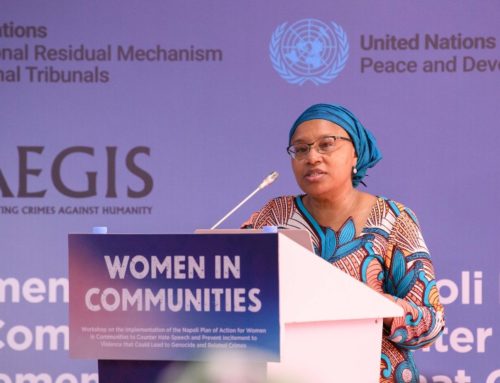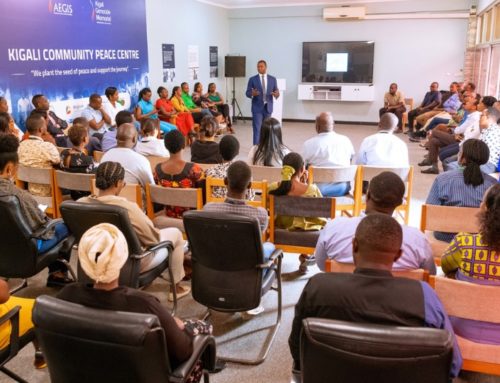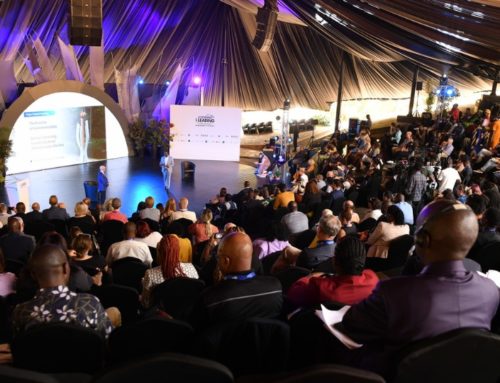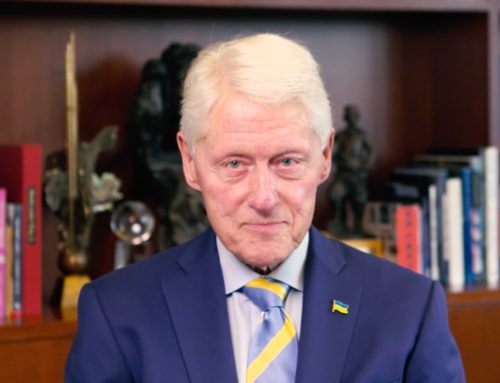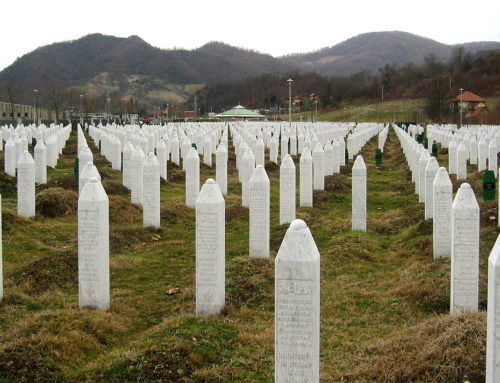This week the BBC released new figures suggesting that there were 99 people present in the UK suspected of war crimes or genocide last year. Despite numerous legislative changes intended to facilitate the prosecution process, the UK continues to fail to bring suspects to court. Aegis welcomed the decision by the BBC to investigate the UK’s prosecution procedure and make these new figures public.
In a series of BBC appearances earlier this week, Aegis Trust CEO Dr James Smith praised the difficult work being done by the police and border agency staff and called for more resources to support them. Like many of our partners, Aegis believes that the creation of a special War Crimes Unit within the Metropolitan Police force, similar to those operating in some European countries, would greatly improve the UK’s investigative process and so lead to a more successful prosecution rate.
Dr Smith called upon the British government to live up to their responsibility to prosecute suspects of serious international crimes, saying that when extradition is not possible suspects should face justice in the UK. “There’s a cost and it is difficult to investigate crimes which took place in another country a long time ago. But if we don’t pursue those prosecutions, the UK could become known as a retirement home for war criminals,” he said.
Aegis and the All Party Parliamentary Group for the Prevention of Genocide and Crimes Against Humanity have long campaigned to close loopholes in British law relating to the prosecution of genocide and war crimes. Before 2009, British law could only prosecute those suspected of war crimes, crimes against humanity and genocide related crimes committed after 2001. This meant that crimes committed in Yugoslavia in the 1990s, in Rwanda in 1994 could not be brought to trial in the UK, even if they were resident in the country. Thanks to the efforts of Aegis, the APPG and their supporters, in July 2009 the government announced that it was going to backdate jurisdiction to January 1991.
On 26th October 2009, the campaign secured another victory when the second loophole was closed. Following concerted lobbying from the Aegis Trust, a coalition of peers and leading legal figures, lobbied to close the legal loophole that in the past allowed genocide and war crimes suspects to visit the UK or live here for years without fear of prosecution. As a result, UK legislation for the prosecution of genocide related crimes, war crimes and crimes against humanity covers all people present in Britain.
However, despite the legislative progress that has been made no convictions have been secured since 2005. Political will remains the biggest obstacle to change and the hardest to overturn.

